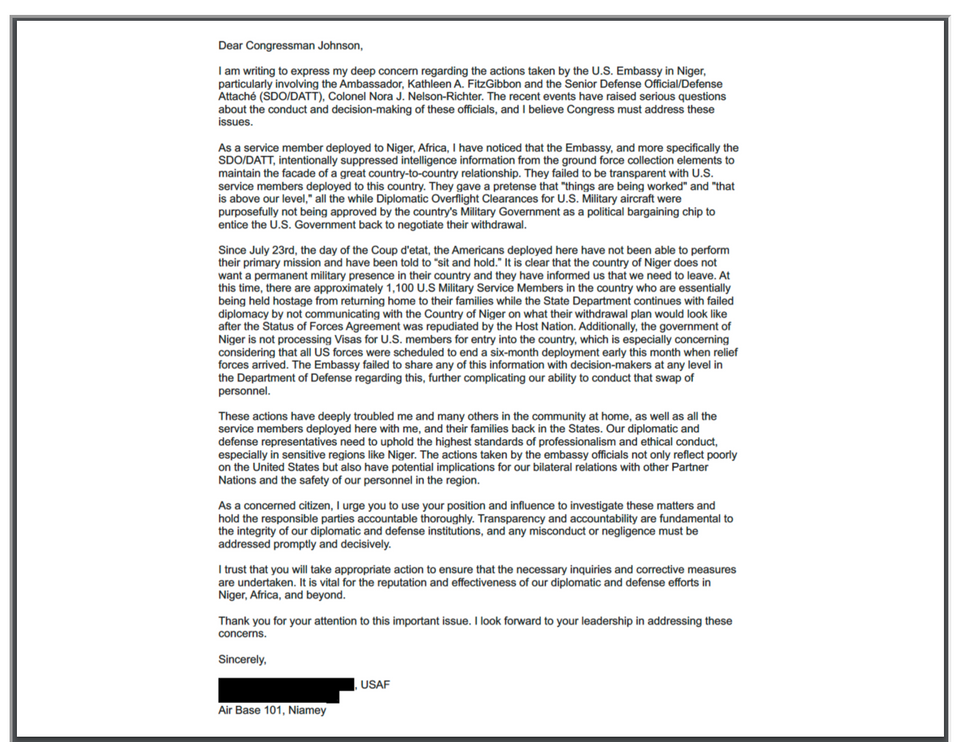As negotiations to renew the nuclear deal between Iran and the United States in Vienna grind on, commentators have begun to seriously float the idea of a military strike on Iran to prevent it from going nuclear.
Leon Panetta, Michele Flournoy, Dennis Ross and others wrote that the threat of a strike would be necessary to convince Iran “it will suffer severe consequences if it stays on its current path.” Regional experts Eric Brewer and Henry Rome reached the same conclusion: the threat of a strike should be kept in reserve to convince Iran to rein in its activity.
These arguments are not compelling. The Quincy Institute’s Annelle Sheline and Brookings’ Bruce Riedel pointed out the destruction Iran could wreak across the Middle East if provoked. Israeli security officials admitted it would take years for Israel to mount an attack on its own. Only the United States could launch such a strike and there is no guarantee it would substantively damage Iran’s enrichment capacity.
Hawkish columnist Max Boot concluded that it was now preferable to “live with a nuclear Iran” than allow matters to escalate to the point of a military attack and potential all-out war.
This rhetoric acknowledges a basic truth: with the JCPOA on the brink of collapse, nothing substantive now stands between Iran and a nuclear weapon, should its leaders decide to go down that road. While this would constitute a colossal failure for the United States — one that should be placed mostly at Donald Trump’s feet — there is little the Biden administration could do to stop Iran from going nuclear.
Threats of a military strike aren’t going to coerce Iran, as they might have done in the past. The only practical course to deter Iran is through diplomatic engagement, both at the regional level and through the Vienna discussions including the P5+1.
First, it should be noted that nuclear break-out and “going nuclear” are too very different things. The first refers to the ability to build a nuclear weapon very quickly. Nuclear threshold states possess nuclear programs with civilian purposes that could, in theory, be turned toward weapon development.
Despite escalating its enrichment of nuclear materials, Iran still might not want to build a nuclear weapon. The government has repeatedly denied its interest in possessing a nuclear weapon, with Supreme Leader Ali Khamenei issuing fatwas declaring nuclear weapons anti-Islamic. To reverse this policy would constitute a dramatic shift, though it is not outside the realm of possibility.
If Iran were to build a nuclear weapon, there are few reasons to think that it won’t be deterred from using that weapon, especially against Israel, a state that possesses its own nuclear deterrent. Though it has proceeded with enriching uranium past 60 percent and has activated a number of advanced centrifuges, Iran has not yet taken steps to build a weapon, and may never do so.
A military strike would be of limited use and could be counter-productive. An assault on Iran’s hardened nuclear facilities would have to be repeated — something proponents have termed “mowing the grass” — in order to keep Iran from building a bomb. Iran is in a stronger position now than in 2015. It proved its ability to retaliate against U.S. partners in September 2019 when it struck the Saudi oil processing facility at Abqaiq, a blow that convinced Riyadh to de-escalate tensions. Even a minor strike against Iran would likely trigger a retaliatory move, threatening an escalation to all-out war. Simulations in 2002 and 2012 indicate the United States would either lose a war with Iran or win while suffering heavy losses.
After years of punishing economic sanctions, the regime in Iran remains resilient. Presidential elections earlier this year were carefully orchestrated to ensure a favorable outcome, while dissent has been brutally and efficiently subdued. Far from a regional pariah, Iran is pursuing tentative diplomacy with its rivals Saudi Arabia and the UAE. The regime is not close to collapse.
The situation does not warrant U.S. or Israeli military strikes, which would be large, costly, and ultimately self-defeating. What course should the United States take?
As Esfandyar Batmanghelidj pointed out, “when trying to end a war, negotiations follow a ceasefire. There has been no ceasefire in the economic war on Iran.” Assurances from the United States that sanctions relief will remain in place for a determined length of time — perhaps to the end of Biden’s first term in January 2025 — could provide Iran the incentive needed to wind down enrichment.
Success requires buy-in from the Raisi government, which has thus far pushed demands in Vienna that are far-fetched and unrealistic. If Iran is sincere in its desire for a return to the JCPOA — and, moreover, if it truly does not intend to construct a nuclear weapon — it should be willing to reduce its enrichment activities, should Washington prove forthcoming on the issue of sanctions.
A military strike would do nothing to rescue the deal or deter Iran from building a bomb, if that is in fact its intent. The only way forward is through constructive dialogue.
















